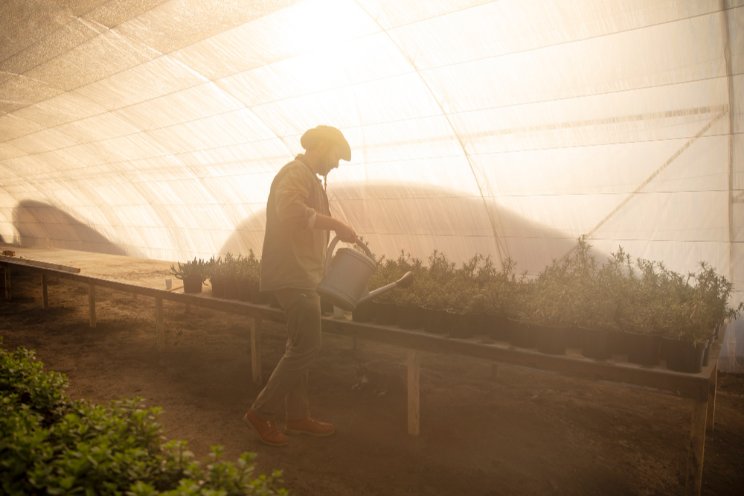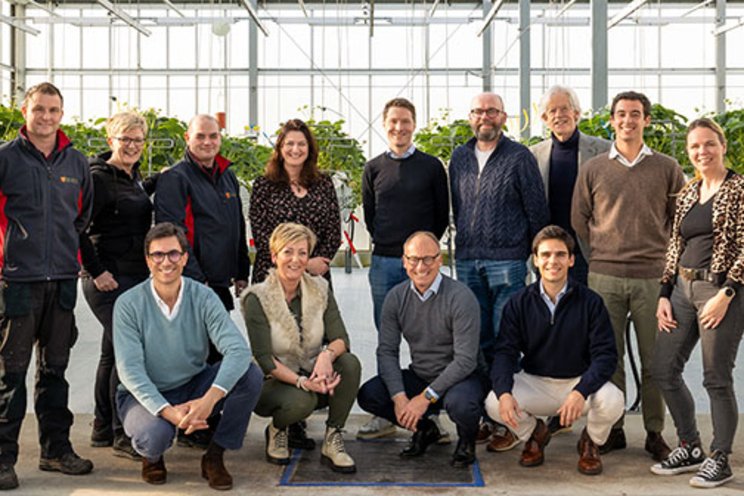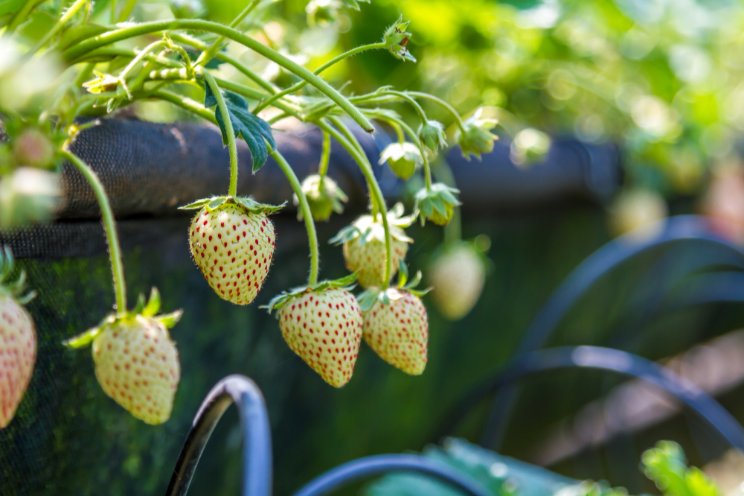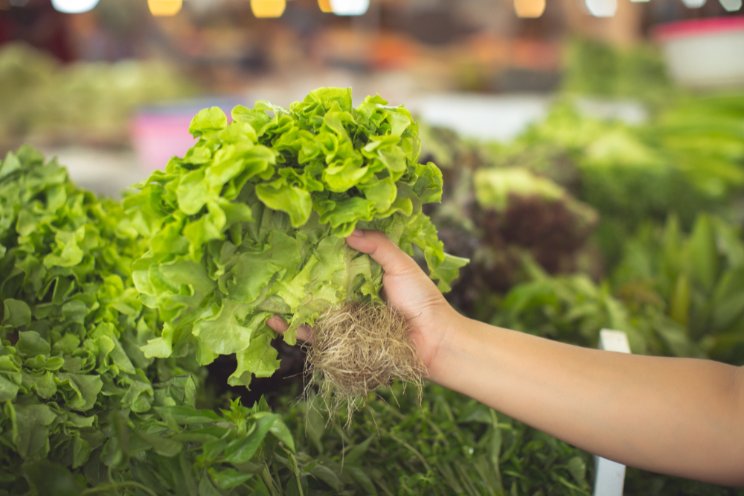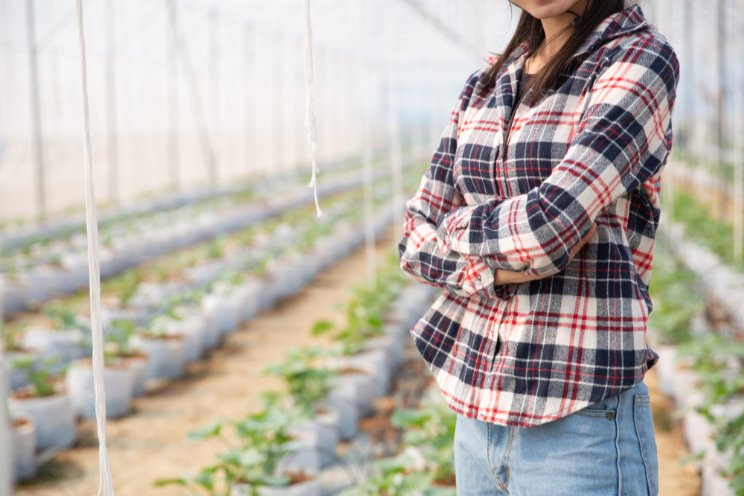Using virus resistant varieties: Pros and Cons
Added on 27 July 2023
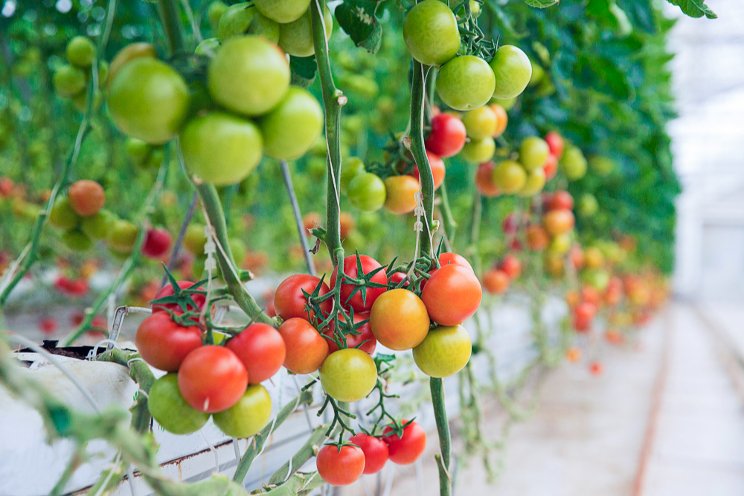
Virus-resistant seeds play a crucial role in safeguarding agricultural crops against viral infections. These seeds are genetically modified or selectively bred to possess specific traits that enable them to resist or tolerate viral attacks. By incorporating resistance genes from naturally resistant plant varieties, scientists have developed seeds that can effectively combat a wide range of viruses. When planted, these seeds give rise to plants with heightened immunity, minimizing the risk of infection and reducing crop losses. Virus-resistant seeds offer numerous benefits, including improved crop productivity, reduced reliance on chemical pesticides, and enhanced food security. They provide farmers with a sustainable and cost-effective solution to combat viral diseases, ensuring a more resilient and productive agricultural system. Additionally, these seeds contribute to the overall health and stability of ecosystems by reducing the spread of viruses and their impact on both cultivated and wild plant species.
The benefit of the virus-resistant seeds and cultivars is clear! You can grow tomatoes again and you can be certain that you won't lose your entire crop to the virus. But everything is not going to be as easy as it might sound.
Image by azerbaijan_stockers on Freepik
More news

